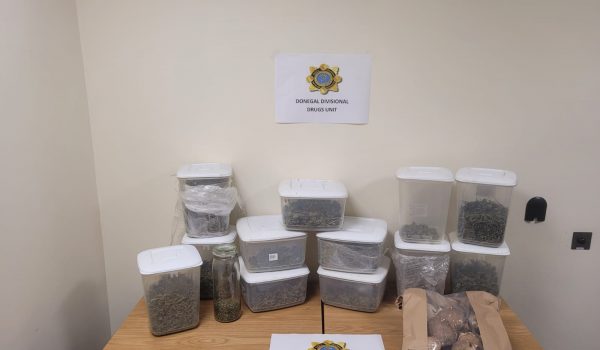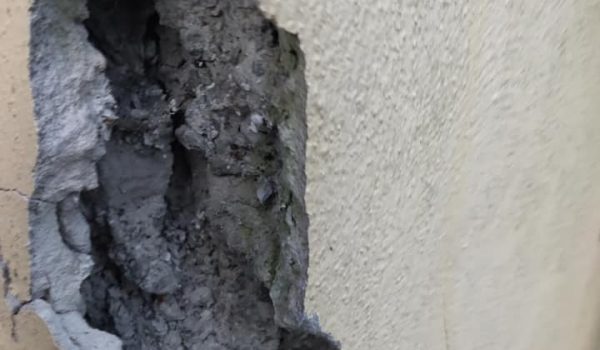
Irish Water have issued a statement, appealing to householders and businesses in Donegal to conserve water as the heatwave continues.
The utility says it may have to implement night time water restrictions in a number of areas throughout the country, with supplies in some parts of Donegal identified as being at risk.
Irish Water’s Drought Management Team say they are monitoring water supplies and demand around the country on a daily basis.
The utility is also advising of water conservation on farms.
Irish Water has issued the following advice for farmers:
- Carry out visual checks along your private pipework on the farm to detect leaks regularly.
- Inspect the ground above your pipes for visible signs of leaks such as unusually damp ground, lusher than expected vegetation (sign of recent leak) or reduced community / rush vegetation (consequence of a long-term leak).
- Regularly check all water meters (including remote ones) to identify possible leaks. You can carry out ‘night flow’ tests by taking readings over a set period of time when water usage should be low, and all water using appliances have been switched off. If the night usage is unusually high or the counter is still running when everything is turned off, you may have a leak. To keep track of usage and potential leaks, you can complete these flow tests on a regular basis.
- If you suspect you may have a leak on your pipework, you can shut off sections of your network to assess the change in flow. Wet drains after a period without rain can indicate blockages or water from a leak may be flowing into them.
- Overflowing drinking troughs and incorrectly set or damaged ball-valves can waste significant amounts of water. Adjust the ball valves to lower the float or replace faulty parts. Drain troughs when they are not being used during the winter to avoid frost damage. You can cover the unused trough or turn upside down for frost protection.
- Remember to fix dripping taps and hosepipes around the farm promptly by replacing washers and fix overflows to avoid water wastage.
Do not leave taps and hosepipes unattended when running or fit automatic shut-off valves. - The higher the water pressure, the more water is wasted when a leak develops. Where possible, use control valves at strategic points across your water network.
- You can use dry-cleaning techniques, such as scrapers and brushes to remove solid waste from yards and pens before hosing. You can also use a small amount of water (e.g. one bucket) to pre-soak waste before cleaning.
- On dairy farms, clean plate cooling water can be diverted to a tank and used for parlour washing.
- Rainwater harvested from roofs of farm buildings can be used for a variety of activities, e.g. washing down yards. Consider the level of rain water quality required for specific water uses on the farm (e.g. plant nurseries and field irrigation) and the surfaces and contamination risks before you consider installing appropriate rain water harvesting, treatment (filtration and UV) and storage systems.
- Water your crops efficiently by irrigating at the right time of day to meet crops needs and reduce losses through evaporation; use the correct pump/pipe size, do not irrigate when it is windy and consider irrigating at night to reduce evaporation losses further.






